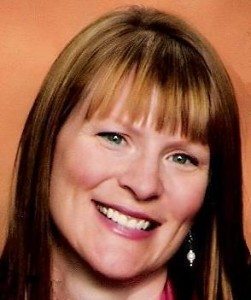
Coach Spotlight – Meet Dixie Bullock
Dixie is a Coach Team Manager at NextJob where she manages a team of job coaches and is also the Quality Survey Manager. Dixie joined NextJob in 2010, as a Certified Homeownership Counselor (through NCHEC). Her non-profit work includes housing counseling, delinquency and foreclosure prevention and financial education.

Dixie’s coaching and employment-related services experience include over 15 years in staffing, recruiting, training, and job-matching while delivering exceptional service and solutions to a large client-base in a variety of industries and skill levels. With an aptitude for decision-making and problem solving, she has been consistently successful in gathering information and providing guidance while helping others feel empowered about next steps, possible outcomes and options.
Dixie was recently a featured job coach in the BrandOfYouJobTwitterViews event held on May 19, 2015 offering coaching advice to contestants vying for one of the 1,000 available coaching scholarships being offered through @FifthThird bank.
What one piece of advice would Dixie give to job seekers out there?
"Develop a concise, descriptive, accomplishment-based branding statement/60-second commercial. You'll get a lot of mileage out of that content. It can be used in cover letters, resume career profile and online applications in the "comments box," and of course in interviews when asked to "tell a little about yourself."
For more career coaching advice from Dixie, follow her on twitter at @DixiebDixie or connect with her on LinkedIn.
For a limited time, job seekers can visit us at https://nextjobcom.webflow.io/nextjob-scholarships-recent-grads for free access to our jobseekers toolkit where they can create their own job search plan.

